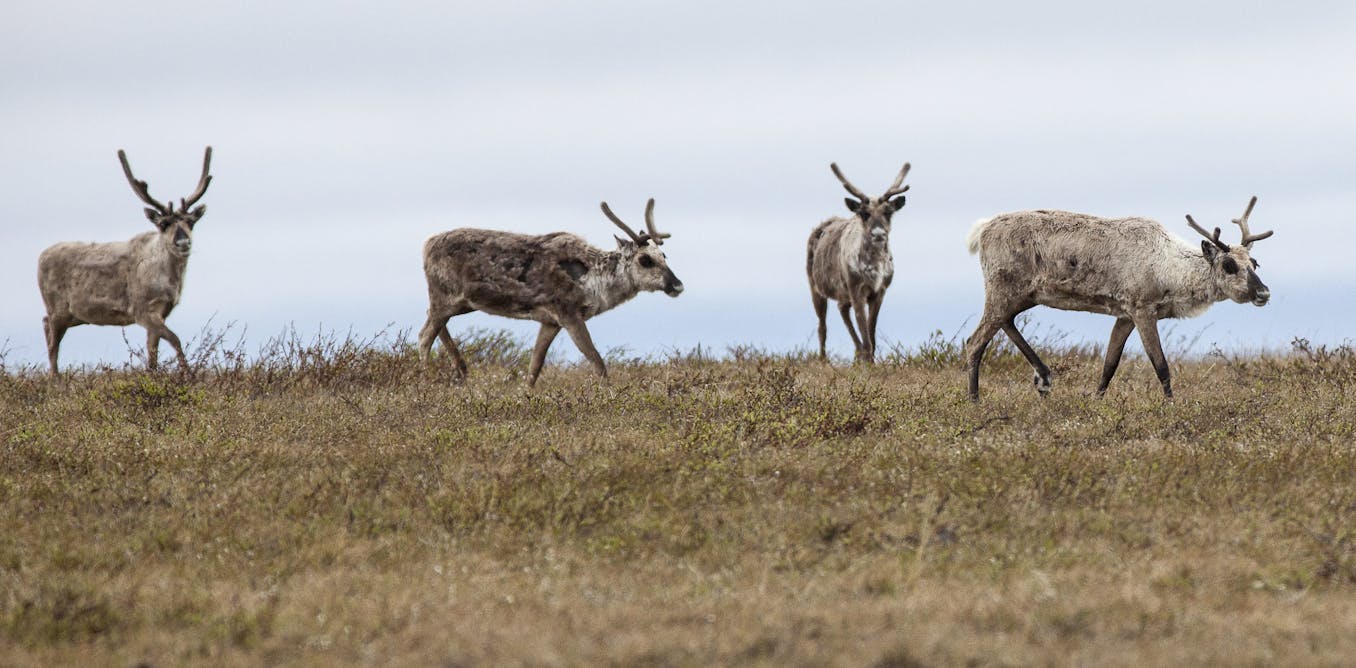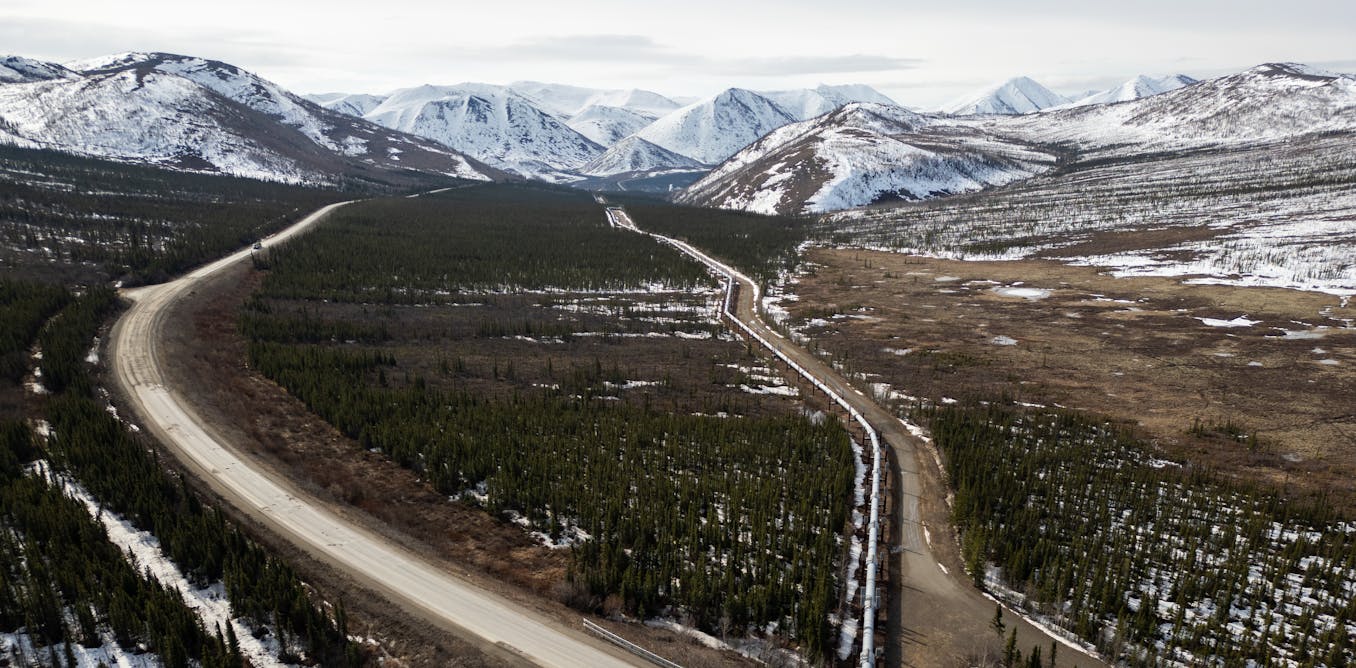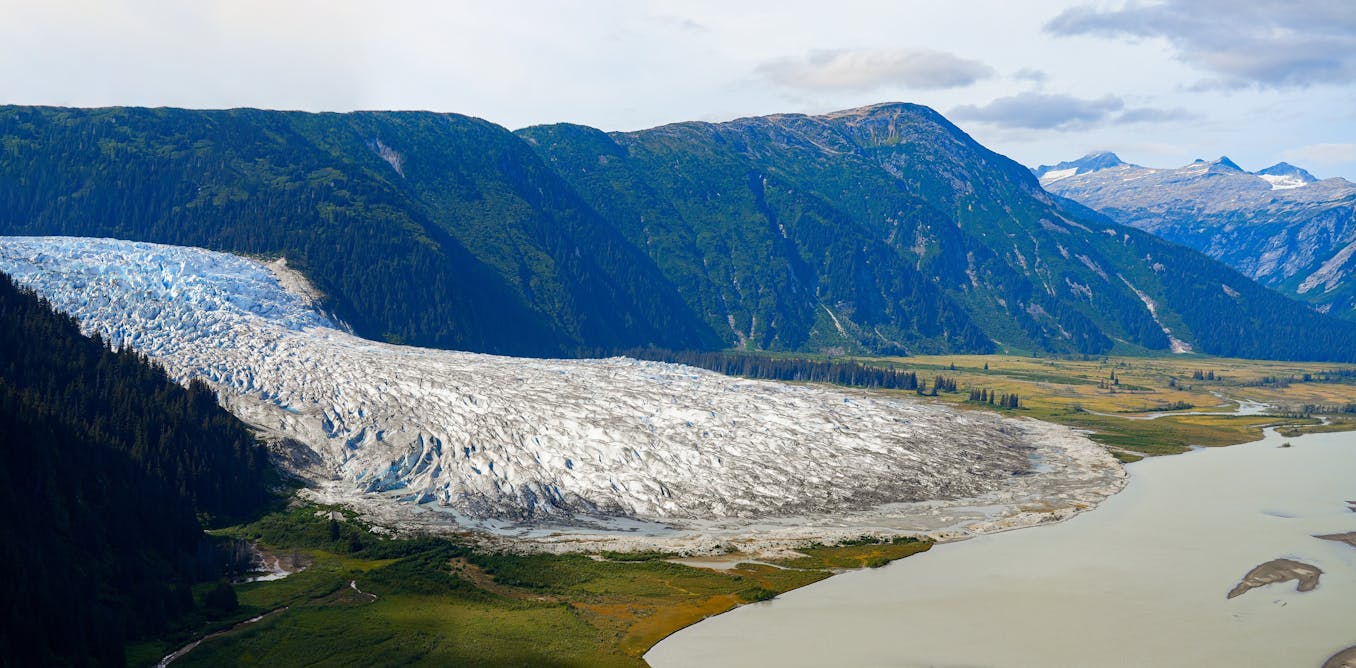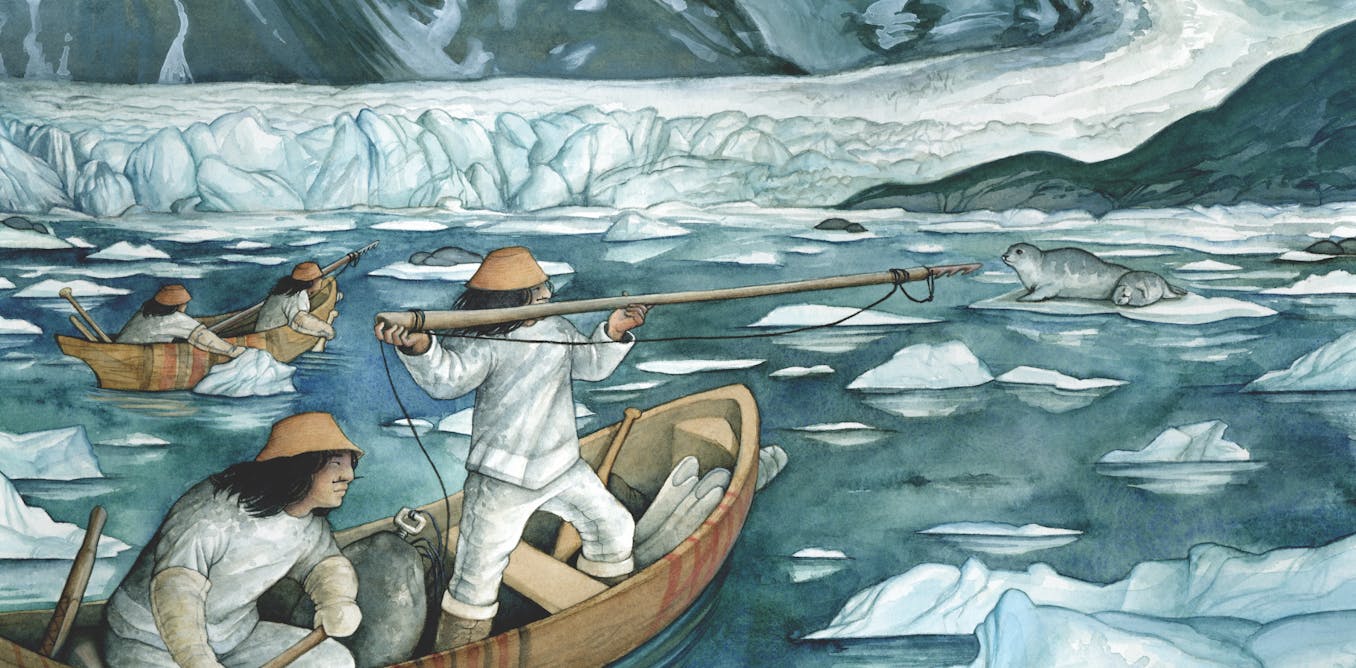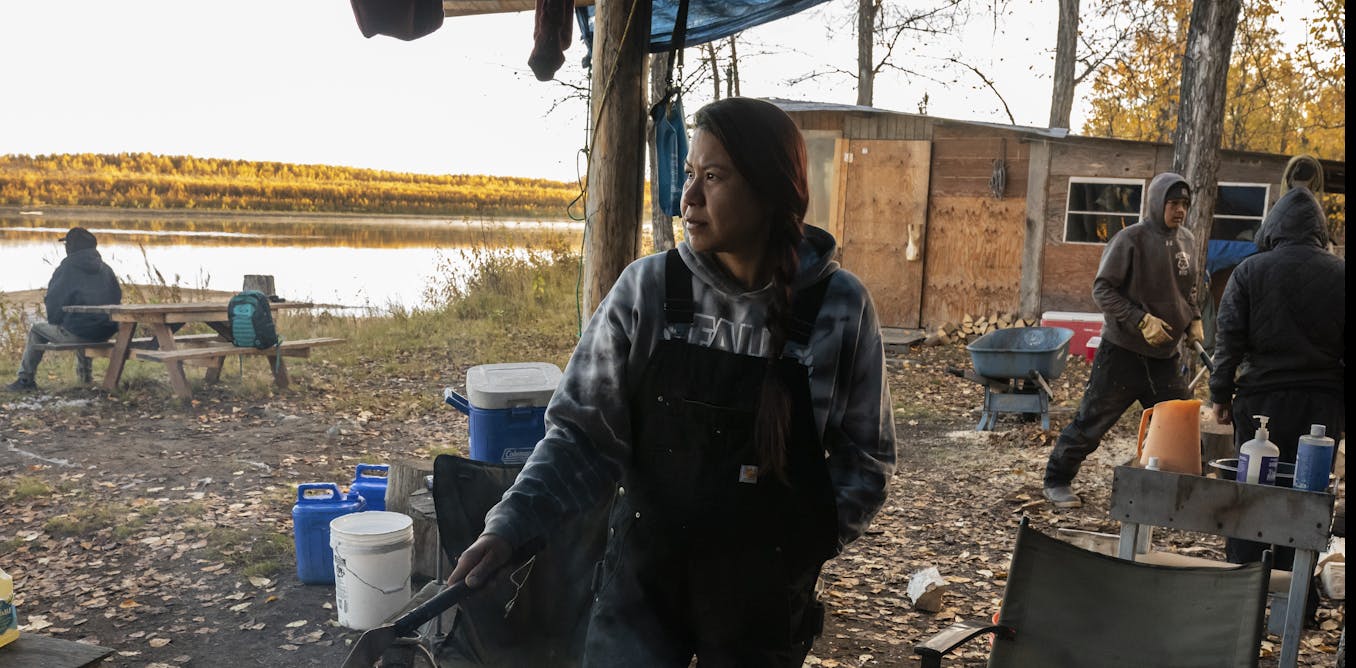What’s at risk for Arctic wildlife if Trump expands oil drilling in the fragile National Petroleum Reserve-Alaska
Caribou, migrating birds and many other types of wildlife rely on this expanse of wetlands and tundra. Humanity and the climate depend on a healthy Arctic, too.
June 30, 2025 • ~11 min

